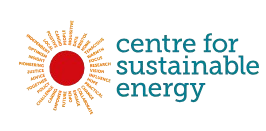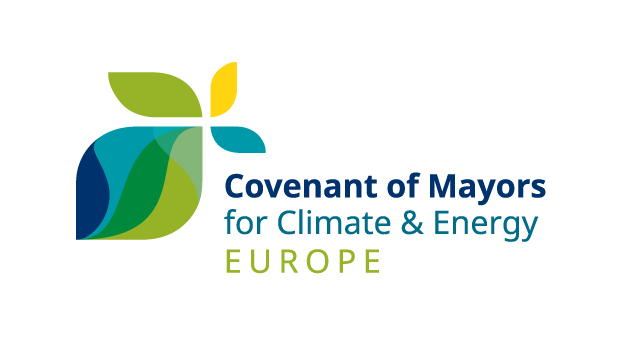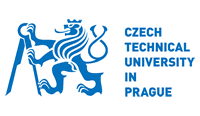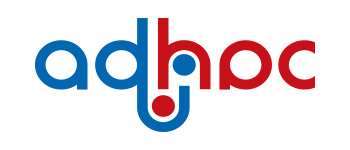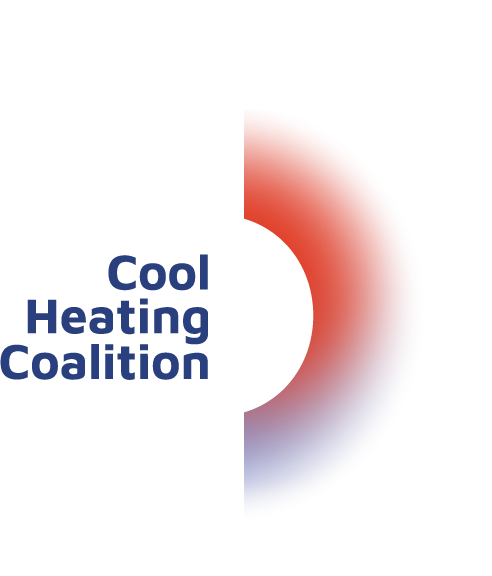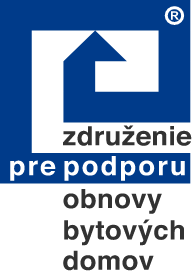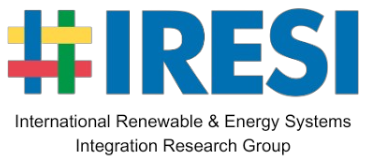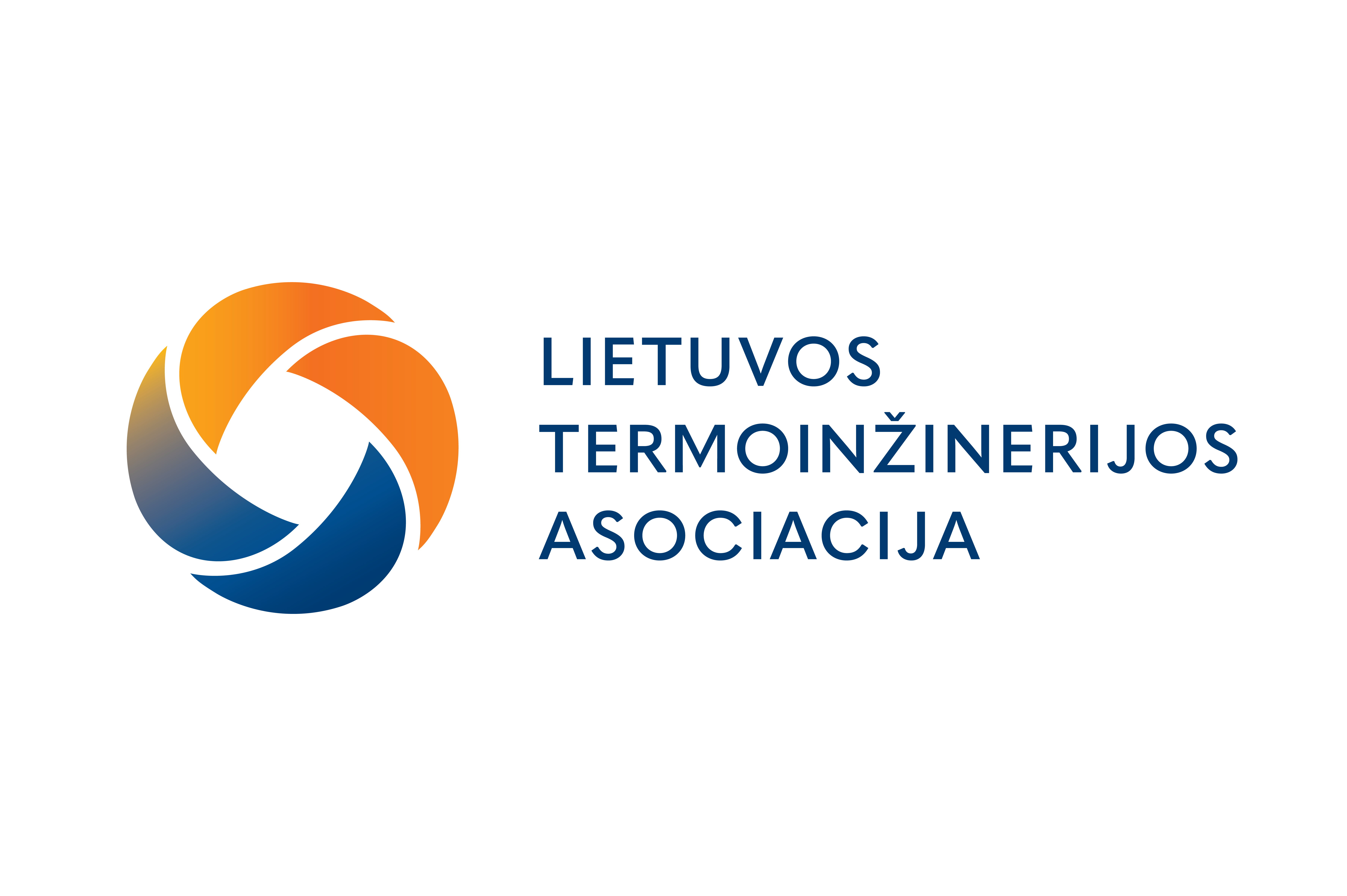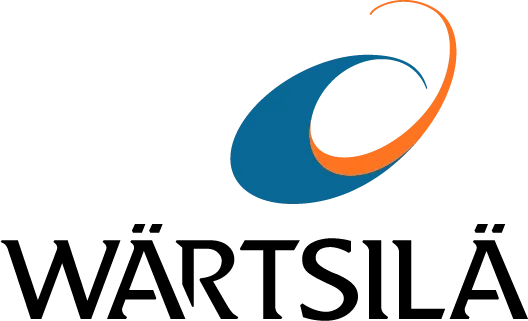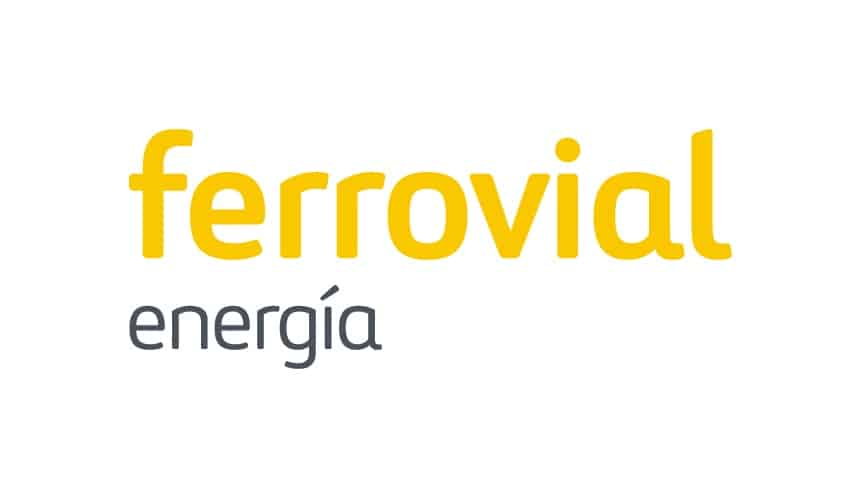Our Ambassadors
The Low2HighDH project`s Ambassador Community is a group of eminent members that recognize the importance of accelerating strategic district heating planning and implementation across Europe. The Ambassador Community is one essential step in reaching this goal by supporting the project in spreading the word to their networks and impacting as many stakeholders as possible.
Applied Energy
Applied Energy are a consulting company spanning the sectors of Buildings/Water/Energy and bringing them all together under the common umbrella of Sustainability. Our special expertise is mapping and planning for the use of wastewater heat for heating/cooling buildings. We are one of the founders of wastewaterheat.online.
DBDH
DBDH is Denmark’s leading district heating export organisation. DBDH’s mission is to promote district energy for a sustainable city transformation. We represent the leading actors of the district energy sector, and identify, inform and facilitate partnerships between our members and partners in more than 70 countries.
HAWK
HAWK is a German state University of Applied Sciences in Lower Saxony. The university combines six faculties in the three cities of Hildesheim, Holzminden and Göttingen. The working group “Sustainable Energy and Environmental Technology (NEUTec)” conducts research with a focus on municipal heat planning and district heating systems to find innovative solutions for a renewable heat supply.
Energia Calabria
Energia Calabria is a cultural association, open to public bodies, private bodies and individuals that aims to promote the rational use of energy and renewable energy sources in its various forms and applications. While making use of experts in the energy field at national level, the association operates in the CALABRIA region, placing the reduction of energy consumption in an eco-compatible manner, i.e. respecting nature and the environment.
Municipality of San Lucido
San Lucido is a town and comune in the province of Cosenza in the Calabria region of southern Italy with around 6,000 inhabitants.
CEE Bankwatch Network
The CEE Bankwatch envisions an environmentally, socially and economically just world, built on solidarity, participation and respect for ecological limits. People enjoy fulfilling lives and are aware of and responsible for the consequences of their actions. They are the largest network of grassroots, environmental and human rights groups in central and eastern Europe. Bankwatch monitors public finance institutions that are responsible for hundreds of billions of investments across the globe. The banks and funds we watch are often obscure but always important entities that function outside public scrutiny.
Euroheat & Power
Euroheat & Power (EHP) is the international network for district energy, promoting sustainable heating and cooling in Europe and beyond. We are a non-for-profit association headquartered in Brussels, Belgium, which unites the district energy sector. Our members come from over thirty countries around the globe and include national district heating and cooling associations, utilities operating district energy systems, industrial associations and companies, manufacturers, universities, research institutes and consultancies active in the sector.
INEGI – Institute of Science and Innovation in Mechanical and Industrial Engineering
INEGI – Institute of Science and Innovation in Mechanical and Industrial Engineering is a Research and Technology Organisation (RTO), founded in 1986, focused on research and technology-based innovation activities, technology transfer, consulting and technological services, oriented to the development of industry and economy in general.
A non-profit, private and recognised as a public utility entity.
CSE
CSE is an independent national charity formed in 1979.
CSE`s vision is a world where sustainability is second nature, carbon emissions have been cut to safe levels and fuel poverty has been replaced by energy justice.
We share our knowledge and practical experience to empower people to change the way they think and act about energy.
CSE supports people and organisations across the UK to tackle the climate emergency and end the suffering caused by cold homes.
dena
We are the Deutsche Energie-Agentur – the German Energy Agency.
dena is a centre of excellence for the applied energy transition and climate protection. We work with stakeholders from across all sectors, on both a national and international level. As a think tank, we study the challenges of building a climate-neutral society and support the German government in achieving its energy and climate policy objectives.
We develop solutions for climate neutrality and put them into practice. To do this, we bring together partners from politics, business, the scientific community and all parts of society – with enthusiasm for one of the most exciting tasks of our time.
Covenant of Mayors
The EU Covenant of Mayors for Climate & Energy is an initiative supported by the European Commission bringing together thousands of local governments that want to secure a better future for their citizens. By joining the initiative, they voluntarily commit to implementing EU climate and energy objectives.
The Covenant of Mayors was launched in 2008 in Europe. Not only did the initiative introduce a first-of-its-kind bottom-up approach to energy and climate action, but its success quickly went beyond expectations.
Czech technical university in Prague
Czech Technical University in Prague is one of the oldest technical universities in the world with a 316-year tradition of outstanding achievements and academic reputation. According to the QS ranking, it belongs among the top 500 universities in the world. It is the top technical university in the CEE region.
ADHAC - Asociación de Empresas de Redes de Calor y Frío
The Association of Heat and Cold Network Companies, “ADHAC”, is a Business Association, which was formed by leading companies in the sector of heat and cold distribution networks for use in urban environments as a heating, air conditioning and domestic hot water system.
ADHAC was created to promote and defend the image and prestige of the heating and cooling networks sector.
Cool Heating Coalition
Decarbonising heating and cooling by 2040 is essential for our security, health, and climate targets. Our heating and cooling needs must be met in a way that advances climate action and our energy security, while being affordable and clean. The coalition works to make sustainable, renewable, and affordable heating and cooling a reality across the EU.
The Slovak Society for Environmental Technology
The Slovak Society for Environmental Technology (SSTP) is a voluntary association that brings together scientific and technical workers in the field of environmental engineering and protection. SSTP is a member of the Association of Slovak Scientific and Technical Societies (ZSVTS) and a member of the European Federation of Heating, Ventilation and Air Conditioning Companies REHVA based in Brussels and the associated organization ASHRAE in the USA.
Association for the Promotion of the Renovation of Residential Houses
The organization is a civil association that aims to bring together experts from the following ranks: – supplier companies producing or providing various types of building materials, constructions and technologies, – construction companies – implementers of renovation of apartment buildings, – university teachers focused on various partial problems of house renovation, – management companies, construction housing cooperatives and associations of apartment owners, – public administration representatives dealing with housing issues, – financial institutions providing the construction sector with various products supporting development in the field of construction and housing. – design companies or designers.
The Union of Slovak Scientific and Technical Societies
The Union of Slovak Scientific and Technical Societies (ZSVTS) is a voluntary, public benefit, non-profit, democratic and non-political association of interested professional scientific and technical societies, committees and territorial coordination centers. It represents a membership base of more than 20,000, united in 43 professional societies, which have their members in practically the majority of companies, institutes and professional universities in the Slovak Republic. The professional mission of the Association is to help raise the level of science and technology in the Slovak Republic, develop education and international cooperation in the field of science and technology, and solve tasks within the state technical policy.
The Royal Institute of Technology
Since 1827, KTH has grown to become an international leading technical university. As the largest institution in Sweden for technical education and research, we bring together students, researchers, and educators worldwide. Our activities are grounded in a strong tradition of advancing science and innovation, focusing on contributing to sustainable societal development.
CoEER - Congress of European Emerging Regions
CoEER is aimed at:
1. Developing Investment Platforms for regions, communities, towns and cities’ smart transition;
2. Supporting the European Governance Forum;
3. Empowering a new breed of European local, urban, regional and community leadership;
4. Giving best-practices of governance and leadership European visibility;
5. Animating digital democracy excellence labs and competences centres;
6. Operating as watch-dog for pertinence, relevance and accountabillity of all European Commission actions related to the points above.
CoEER is based in Brussels and active with regions and regional actors in a active network – 1200 strong – from all EU member-states since, September 2013.
Silesian University of Technology
The Silesian University of Technology is the oldest technical university in Upper Silesia and one of the largest in the country. It was established in 1945 as a scientific and teaching base for the most industrialized district in Poland and at the same time one of the most industrialized areas in Europe – Upper Silesia. It is an important institution of public life and plays a special culture-forming and opinion-forming role in the region.
Fraunhofer Institute for Systems and Innovation Research ISI
The Fraunhofer Institute for Systems and Innovation Research ISI carries out research for practical applications in seven competence centers with a total of 28 business units and aims to be an independent thought leader supporting society, politics and business.
In their work, they not only apply a broad spectrum of advanced scientific theories, models, methods and social science assessment tools, but also continuously develop these using the empirical findings from the research projects carried out.
University of Campania "Luigi Vanvitelli"
The University (formerly known as Second University of Naples) promotes a vocational training offer integrated with the territory, supports quality research, and promotes the creation of business initiatives from research groups, in a constant perspective of internationalization and cultural exchange with other universities.
International Renewables and Energy Systems Integration (IRESI)
International Renewables and Energy Systems Integration (IRESI) emerged as an ambitious undertaking, initially conceived by Maynooth University. Its inception marked the beginning of a transformative expedition aimed at reshaping our global energy landscape. From its inception, IRESI has embarked on a remarkable journey, steadfast in its dedication to ushering in a more sustainable world.
WARSAW CITY OFFICE (URZĄD M.ST. WARSZAWY)
WIP Renewable Energies
Founded in Munich in 1968, WIP Renewable Energies focused at its early stages on global infrastructure and institutional development in international cooperation. It quickly established itself as a pioneer in renewable energies and efficiency technologies. For example, WIP contributed to the development of the first EU-funded photovoltaic (PV) pilot plants in Europe and furthermore supported the creation of guidelines for PV system design, later adopted as an EU standard.
Lithuanian Thermal Engineering Association
Lithuanian Thermal Engineering Association (Abbr. LTERA) aims to bring together academia, society, business and individuals interested in thermal engineering technologies and their applicability. A significant part of the Association’s activities consists of specialized training courses for the improvement of qualifications, certification of thermal engineering, design part managers and expertise managers (Specific areas: heat generation and DH supply; gas pipelines; HVAC; refrigeration systems and compressed air systems) and construction (building of heat supply networks; installation of heat generation equipment; installation of HVAC engineering systems; installation of refrigeration and compressed air systems; installation of oil and gas networks) managers, as well as training courses for the improvement of the qualifications of employees of municipalities and municipal enterprises. The Association also organizes seminars on promoting the results of EU projects mainly in the fields of renewable energy, covering geothermal energy and heat pump systems, waste energy recovery systems, solar energy and thermal and photovoltaic systems with energy storage, the use of biofuel combustion technologies in district heating systems, as well as cost-effective, energy-efficient technological solutions in industry.
IrRADIARE
IrRADIARE is a multidisciplinary, multicultural, team, dealing with urban, local and regional governance and public policies. They work hands on with digital, numerical, communicational and managerial technologies. They operate European-wide from Brussels and Lisbon within an outreach active network of more than one thousand entities in a significant number of European regions and cites. Climate, society, sustainability, integration, procurement, investment, data are among the domains on which IrRADIARE are working. European relations, affairs and networks are transversal to their activity namely to support interaction with programmes such as Horizon 2020, INTERREG, LIFE, COSME or ERASMUS+.
Wärtsilä Energy
Wärtsilä is a global leader in innovative technologies and lifecycle solutions for the marine and energy markets. They emphasize on the innovation in sustainable technology and services to help our customers continuously improve environmental and economic performance. The dedicated and passionate team of 17,800 professionals in more than 280 locations in 79 countries shape the decarbonization transformation of the industries they work in across the globe.
Ferrovial Energía
Since 1952, we have been designing, building, and operating infrastructure, but ultimately our ambition is to create spaces that connect people and meet the needs of an interconnected world in constant movement. Our vision is to develop and operate sustainable, innovative, and efficient infrastructures creating value for our stakeholders.
We want to contribute to making the world more open, connected, and sustainable. We want to develop infrastructures for a world in motion. This is our purpose.
Ambiente Italia
The history of Ambiente Italia is linked to the history of sustainability in Italy. The story of the group of experts that gave life to Ambiente Italia begins at the end of the 1973s, in Milan. As in the rest of Europe and in the world, issues related to environmental protection and the scarcity of resources also began to assert themselves in Italy, also thanks to the first major “energy crisis” of 1973.
Copyright © 2025 Europroject
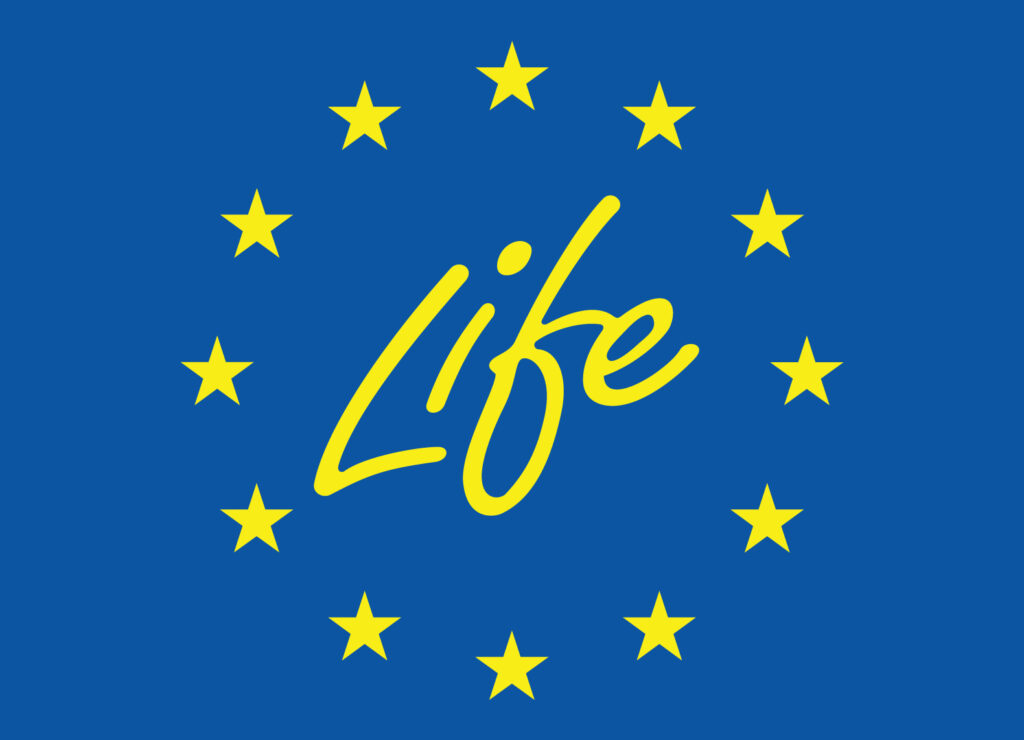
Co-funded by the European Union. Views and opinions expressed are however those of the author(s) only and do not necessarily reflect those of the European Union or CINEA. Neither the European Union nor the granting authority can be held responsible for them.
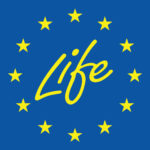
Co-funded by the European Union. Views and opinions expressed are however those of the author(s) only and do not necessarily reflect those of the European Union or CINEA. Neither the European Union nor the granting authority can be held responsible for them.





